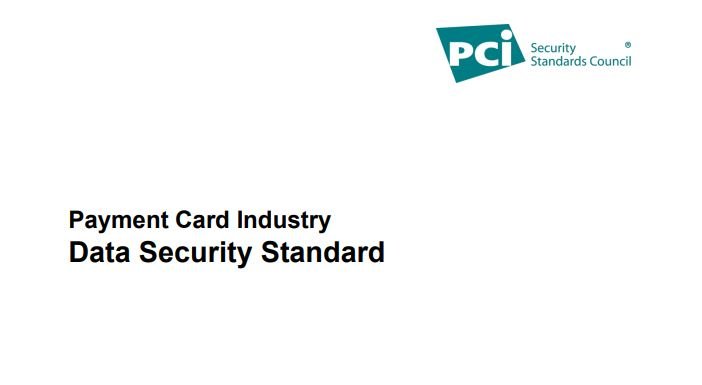The PCI Security Standards Council (SSC), the organization dedicated to overseeing the Payment Card Industry Data Security Standard (PCI DSS), announced the release of PCI DSS v4.0, which will replace version 3.2.1, released in 2018. With this new version of the standard, the organization seeks to address emerging threats and technologies, in addition to enabling innovative methods to combat new threats to the integrity of users’ payment information.
The new standard, detailed in a 360-page document, was created based on feedback from more than 200 members of the payments industry globally. A summary of the changes is presented in a document with technical details.

Cybersecurity specialists report that among the most prominent changes of this new release include the implementation of multi-factor authentication for all access to cardholder data environments, as well as replacing the term “firewall” with “network security controls” to support a wider range of data security technologies.
The implementation of updates to the new standard could take an indefinite time, so the current version will remain active until March 2024. The PCI SSC noted that some of the new requirements are initially considered best practices, but will take effect on March 31, 2025. After this date, they will be considered in their entirety in PCI DSS assessments.
Cybersecurity specialist Tim Erlin believes this update came at an ideal time: “Any additional emphasis on secure configuration of systems is a welcome addition to cybersecurity best practices. Although the previous version of PCI DSS addressed secure configuration, its limit came to changing default passwords.”
The expert adds that the new version focuses on the Zero Trust standard for authentication and authorization with permissions for an analytical security posture dynamically, providing access to resources in real time as an alternative to password rotation.
To learn more about information security risks, malware variants, vulnerabilities and information technologies, feel free to access the International Institute of Cyber Security (IICS) websites.

He is a well-known expert in mobile security and malware analysis. He studied Computer Science at NYU and started working as a cyber security analyst in 2003. He is actively working as an anti-malware expert. He also worked for security companies like Kaspersky Lab. His everyday job includes researching about new malware and cyber security incidents. Also he has deep level of knowledge in mobile security and mobile vulnerabilities.











